Making Friends and Being One
One of the biggest myths about children with ASD is they all like being on their own. Children with ASD often desperately want friends, and in fact worrying about friends can cause them anxiety. Many children show this stress by becoming more withdrawn, which of course makes the situation worse.
For students with ASD a little extra support may be required to create friendships. For instance, when teachers allow children to select their own partners, children with ASD often are left out. Instead staff should consider who will be a good partner/friend to the child and be pro-active in pairing them. Good examples of opportunities for schools to support friendships are in seating arrangements, partner activities and group work.
Parents, I would encourage you to support the school by organising some out of school activities such as having children over for a play, meeting in the park after school or joining in after school activities which friends attend. This will allow some one on one time to develop new friendships.
Friendship is a Two-Way Street
Think about the skills you need to give both the neurotypical & neurodiverse kids to create an inclusive classroom.
Remember: talk about your own frustrations with friends, families etc. Often kids just see ‘fabulous friendships’ on TV and try to create these as the benchmark. Personally, I think we all have had friendships and relationships that have conflict. Share with children about your friends in Primary School, High School…. what happened, why. Share current frustrations too. Listen to the Podcast for more tips & strategies!
Why Teach This?
- Making and maintaining friendships is a constant challenge for people with ASD. Their inability to read social situations and recognise other people’s emotions can impact on their relationships.
- It is important to explore the nature of friendships with children with an ASD as they often have an egocentric view of friendship. They fail to understand that friendship is a two way thing and that it does not happen on demand.
- Children with ASD tend to be drawn to one of two more noticeable groups – either the most popular children in the class or the noisy, poorly behaved children who demand a great deal of the teacher’s attention. Children who would actually make good friends (the middle of the road group) tend not to be noticed by the child with ASD.
- Children with Asperger’s Syndrome in particular want friends but frequently burn these friends out by their inappropriate expectations of friendship. Parents and teachers have to reinforce and acknowledge these friends to help keep the friendships going. Having a number of friends, possibly a couple allocated to each day of the week can help alleviate the demands on the mainstream friends.
Ideas for Teaching at School and Home
- Discussions on what a friend and what friendship really are – emphasise that friendship is a two-way thing.
- Use the Friendship Funnel below to explain the stages of friendship. Discuss as a whole class or as a family who would fit in those different stages of friendship. Download the visual here
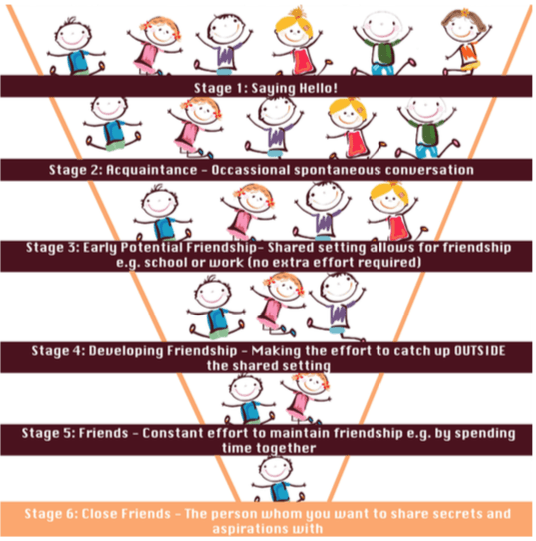
Click here to view Friendship Funnel image to print
- Foster friendships by establishing buddy systems for primary school age children and mentors for older children with ASD. It is important that several buddies/mentors be allocated to each child with ASD to ensure that the other children do not find this too much of a responsibility.
- Run supervised clubs for the whole school at break times, especially long lunch-times. A variety of indoor and outdoor activities could be offered e.g. Lego, chess or computers. Often all children, not just those with ASD, will benefit from extra activities. Involve older students, parents, grandparents and other interested people in the community if at all possible.
- Discuss and brainstorm friends and friendships. Aspects could include:
-
- Like to play together
- Share
- Let other people be first sometime
- Take turns
- Listen to other people’s ideas
- Let other people choose WHAT to play sometimes
- Like the same things
- Have the same sense of humour
- Like to talk together
-
- When students need to break into pairs or small groups, teachers can encourage inclusion by asking students to pair up/group by eye colour or letters in their name etc. Excerpt from Developing Social Skills by Sue Larkey and Gay von Ess. Click here for more information about the book.
More Information and Resources
Podcast Episode 106: How to Create a Lunchtime Club to Build Friendships & Develop Social Skills
Podcast Episode 73: Top Tips for Social Skills & Return to School Post Lock Down
Podcast Episode 75: Dean Beadle Discusses Autistic Identity and What It Means for Him
Book: Developing Social Skills by Sue Larkey and Gay von Ess
Books: by Dr Jed Baker
Boardgame: Socially speaking
Developing Social Skills
| by Sue Larkey & Gay von Ess | A starting point for teaching and encouraging social interactions and skills for children with an autism spectrum disorder and other developmental delays. It is a useful concrete and visual resource which when coupled with videoing, role playing and modeling will help young primary school age children with an autism spectrum disorder to better understand the social world around them. This book includes hundreds of ideas, social stories and worksheets. It is a great resource full of time savers for home and school.
$39.95
1 in stock
UNDERSTANDING AuDHD: Teaching & Supporting Students with Autism and ADHD Co-occurrence
✅ 2 Hours, 8 Lessons
✅ 6 Weeks to Complete
✅ Certificate of Completion
✅ Lesson Transcripts
 2 Hours
2 Hours

$149
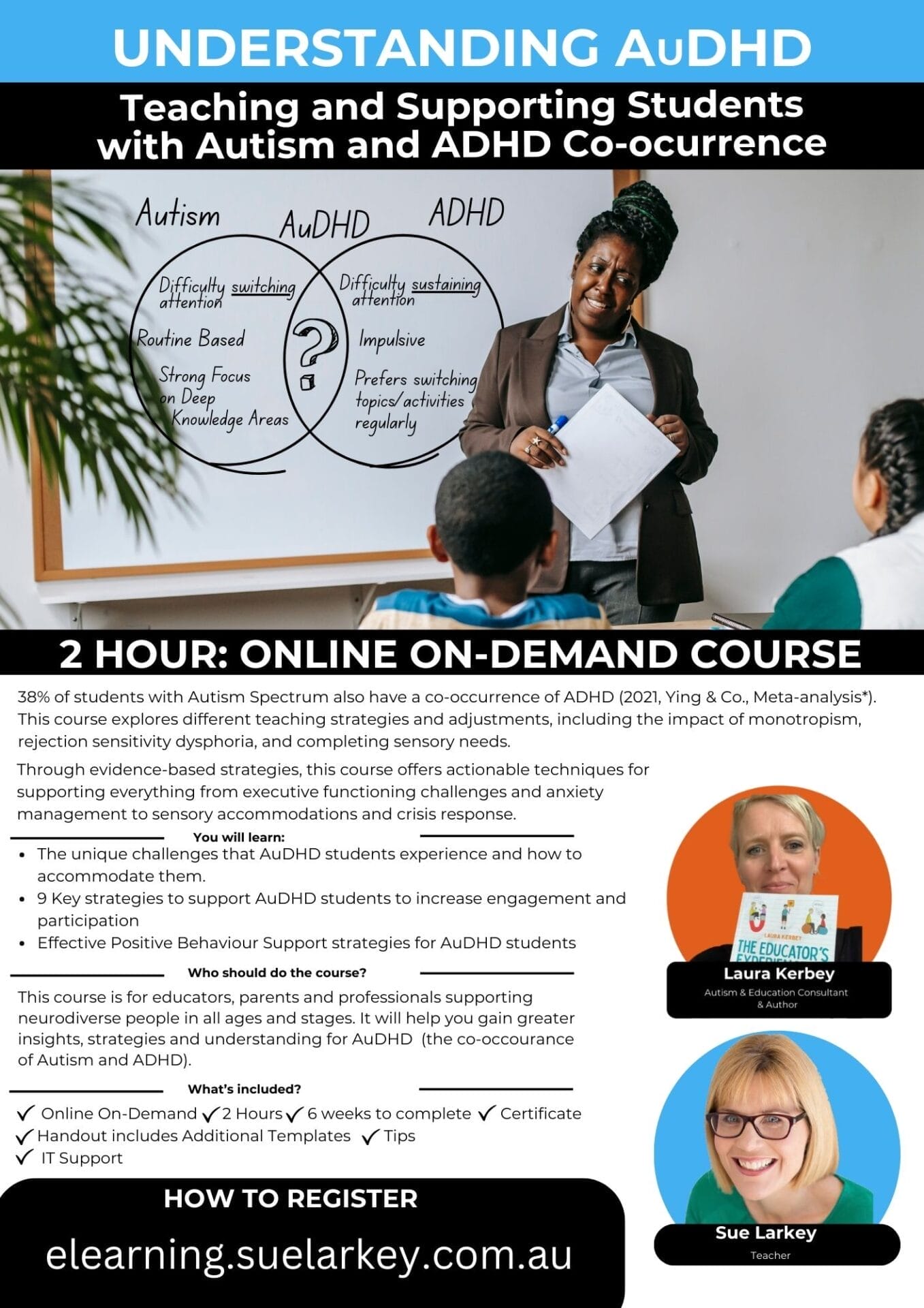

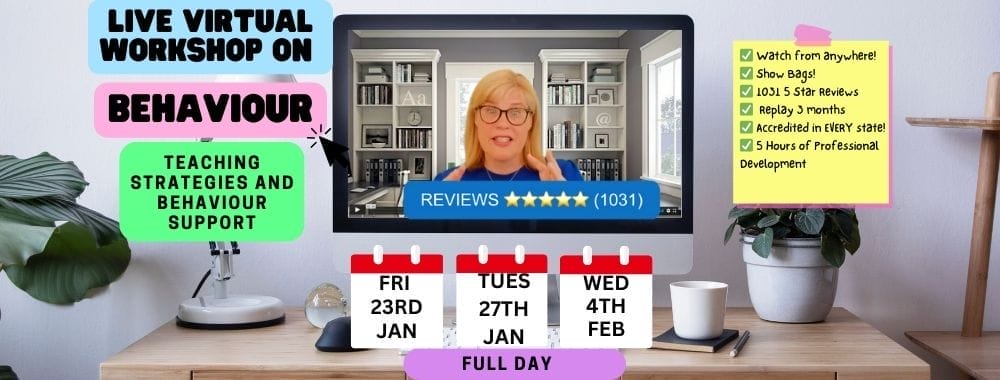
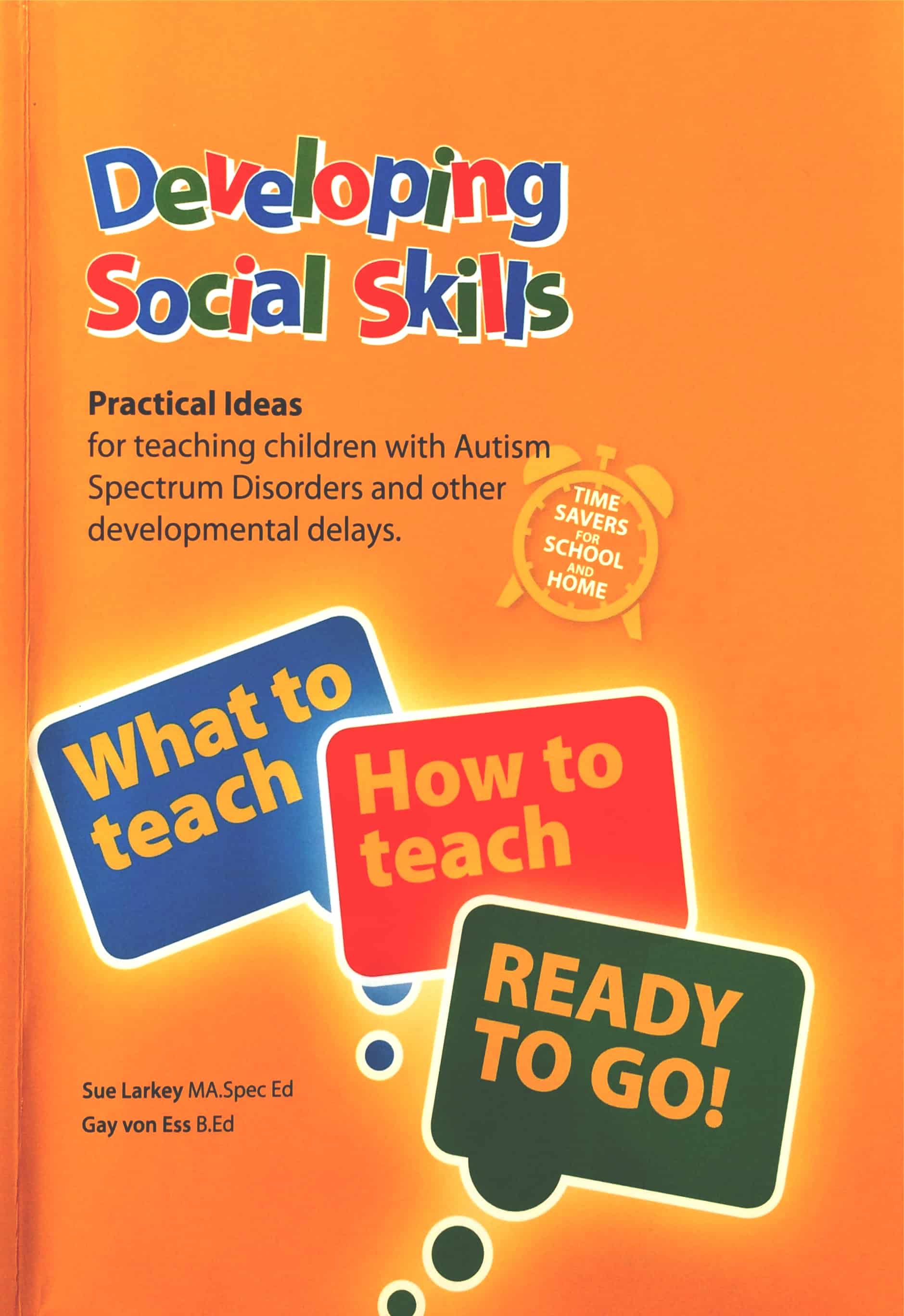


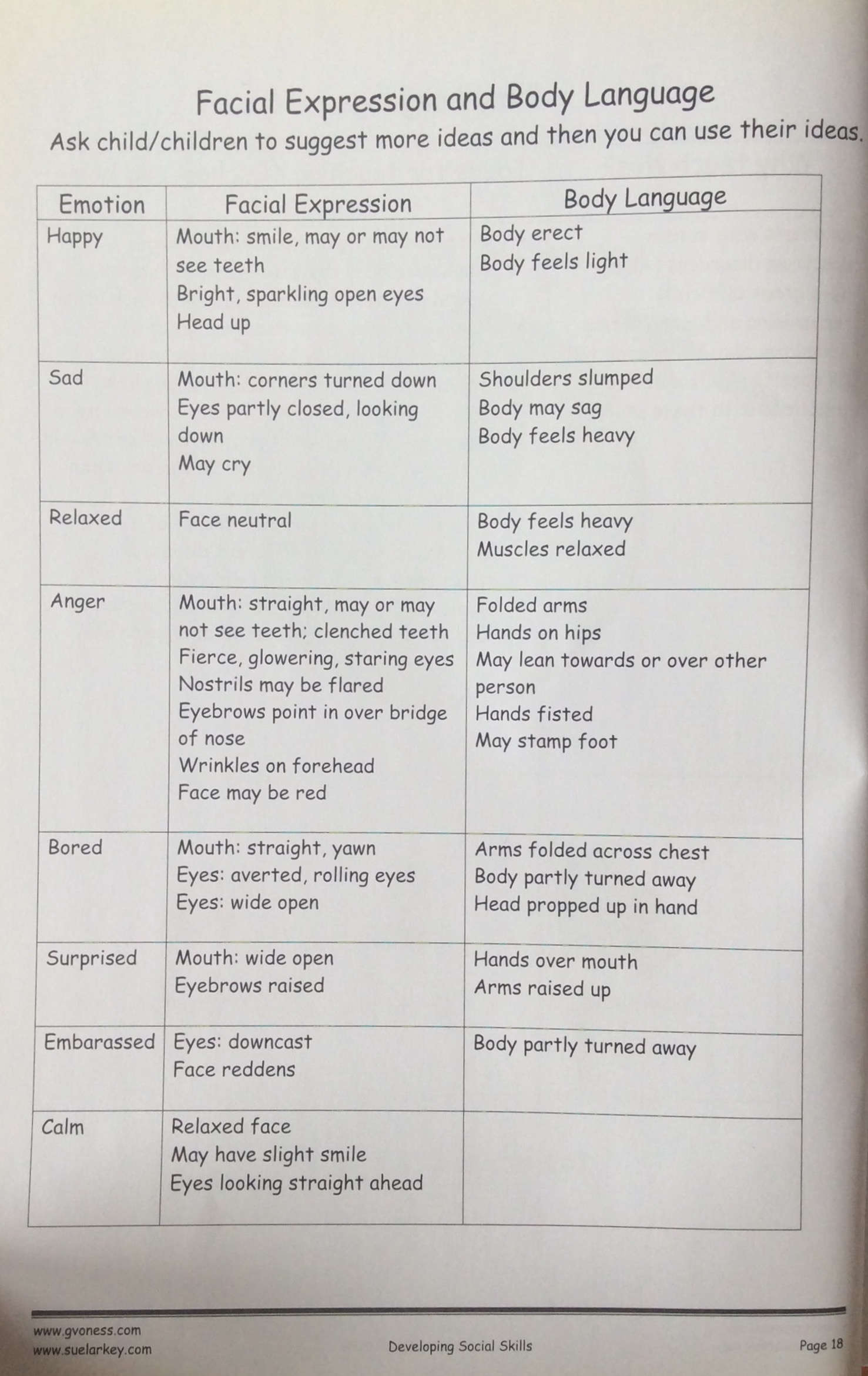

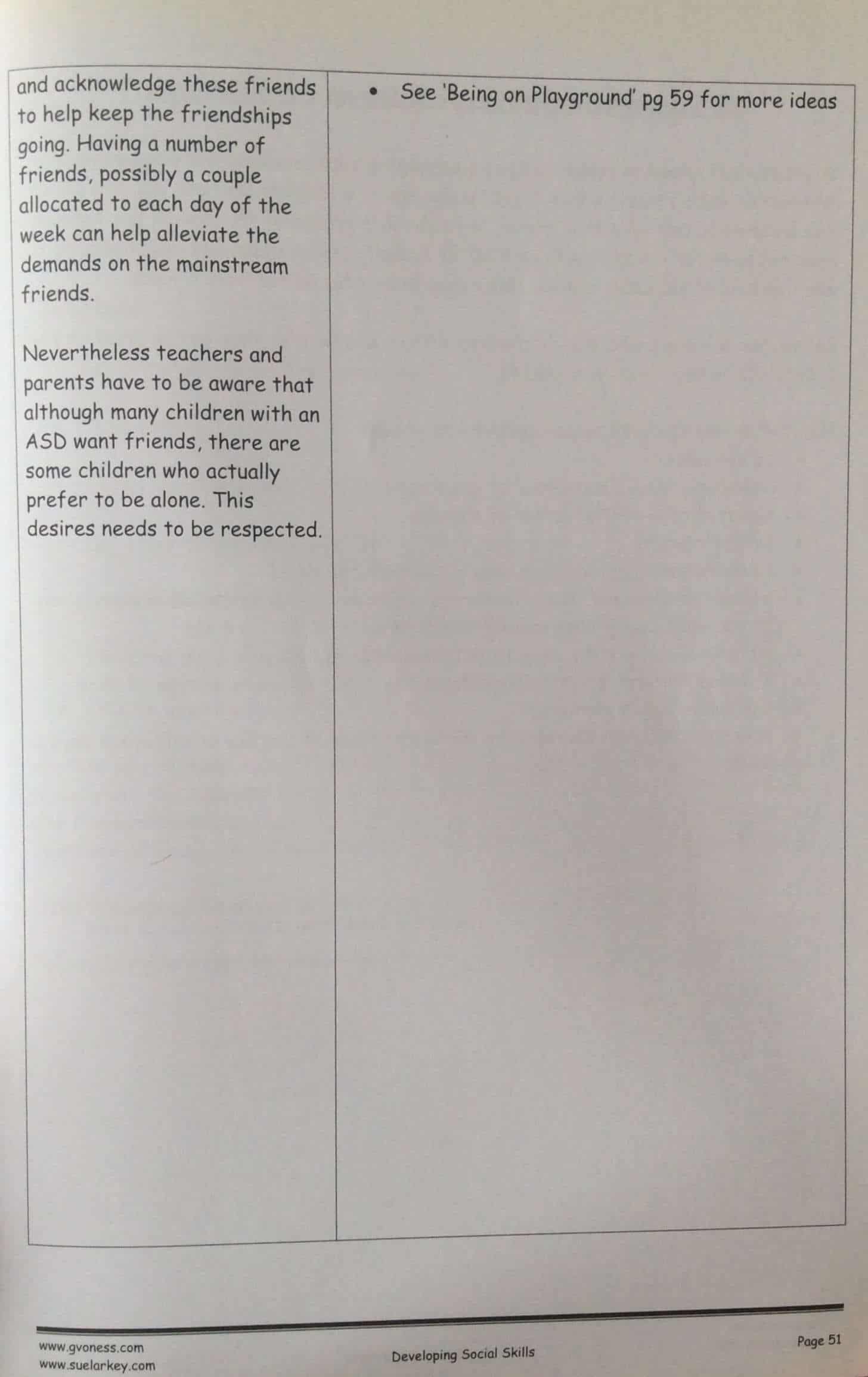
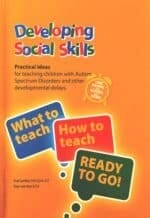
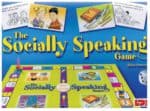
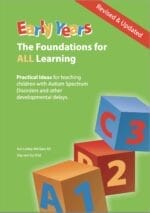

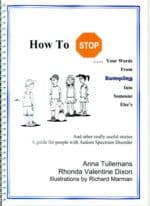







 2 Hours
2 Hours

 Sorry we no longer ship items outside Australia. Please consider the digital versions of Sue’s Books –
Sorry we no longer ship items outside Australia. Please consider the digital versions of Sue’s Books – 